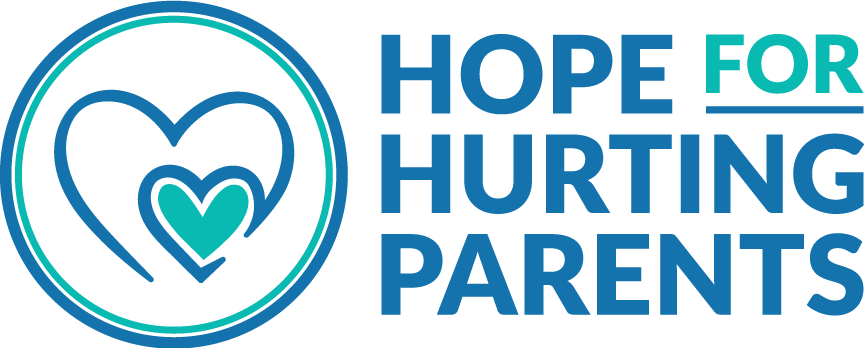May is Mental Health Awareness Month. It seems fitting that I get back to my series on Mental Illness. This is Part 5 of a 6 Part Series. Have you  noticed your child experiencing anxiety over obsessive thoughts or compulsive behaviors that are causing them problems with normal, daily functioning? They may have Obsessive-Compulsive Disorder (OCD). If you have wondered exactly what that is, this post will give you the information you have been looking for. My source is The National Alliance on Mental Illness (nami.org). They have many other excellent articles on this topic you could read to do more research.
noticed your child experiencing anxiety over obsessive thoughts or compulsive behaviors that are causing them problems with normal, daily functioning? They may have Obsessive-Compulsive Disorder (OCD). If you have wondered exactly what that is, this post will give you the information you have been looking for. My source is The National Alliance on Mental Illness (nami.org). They have many other excellent articles on this topic you could read to do more research.
Obsessive-Compulsive Disorder, commonly referred to as OCD, is an anxiety disorder characterized by recurrent, involuntary thoughts, ideas, impulses or worries that run through one’s mind (obsessions) and repetitive behaviors (compulsions) designed to reduce the discomfort of the obsessions. OCD is estimated to affect more than three million American adults ages 18 to 54 each year.
Anyone can develop this disorder. Many people experience these symptoms at some time, but OCD is when these feelings and behaviors persist for more than an hour every day and interfere with a person’s ability to function. Symptoms often begin in childhood or adolescence and often becomes a chronic, relapsing illness.
Symptoms: There are two major categories of OCD symptoms.
Obsessions – instructive, recurrent, irrational thoughts; unwanted ideas or impulses that repeatedly build up in a person’s mind. Some common ones are fear of contamination, fixation on lucky or unlucky numbers, fear of danger to oneself and others, need for symmetry or exactness, and excessive doubts. The individual knows these thoughts are irrational, but fears that they might be true. Trying to avoid such thoughts creates great anxiety, sometimes causing panic attacks.
Compulsions – repetitive rituals such as hand washing, counting, checking, hoarding, or arranging. These actions may be accompanied by a feeling of momentary relief, but a sense of satisfaction or completion is not experienced. A feeling exists that these rituals must be performed or else something bad will happen. If not performed, like with the obsessions, this will cause intense anxiety and panic attacks.
Causes:
While the exact cause is unknown, there is growing evidence that OCD is related to abnormal functioning in a part of the brain called the striatum. OCD is not caused by family problems or attitudes learned in childhood, such as an emphasis on cleanliness or a belief that certain thoughts are dangerous or unacceptable.
In general, a combination of medication and behavior therapy proven effective in reducing the symptoms of OCD. Several medications are used to treat it, including clomipramine (Anafranil), fluoxetine (Prozac), fluvoxamine (Luvox), sertraline (Zoloft), and paroxetine (Paxil).
A specific type of behavioral therapy known as exposure and response prevention is also very useful for treating OCD. In this approach, a person is deliberately and voluntarily exposes to whatever triggers the obsessive thoughts, and then is taught techniques to avoid performing the compulsive rituals and to deal with anxiety.
Recovery:
Though response to treatment varies from person to person, most people living with OCD who are engaged in a personalized treatment plan that includes effective medication and other forms of support, find that their symptoms are reduced enough to help them achieve fulfilled recovery. Unfortunately, OCD is often misdiagnosed or not diagnosed, and people living with it may attempt to hide their problems rather than seek help. However, OCD is usually a chronic illness that will not go away by itself, so it is very important to seek treatment if and when symptoms appear.
Do not be dismayed or discouraged. Remember, there is help. Hope is real.
I find great comfort from the Bible in the 23rd Psalm:
The Lord is my Shepherd, I shall not want; he makes me lie down in green pastures . . . he restores my soul . . . I will fear no evil for Thou art with me . . .
You need not despair. You are not alone. Never alone.

0 Comments